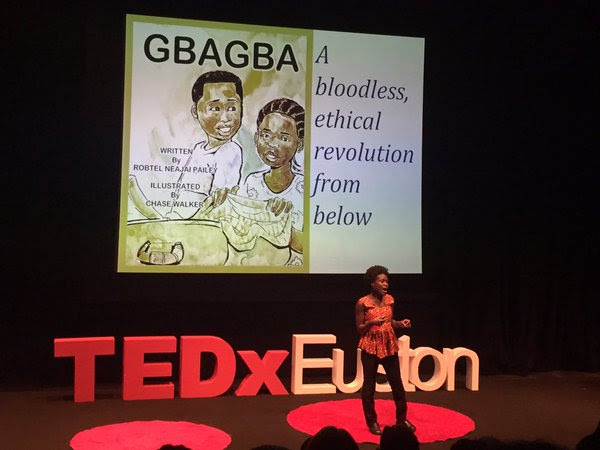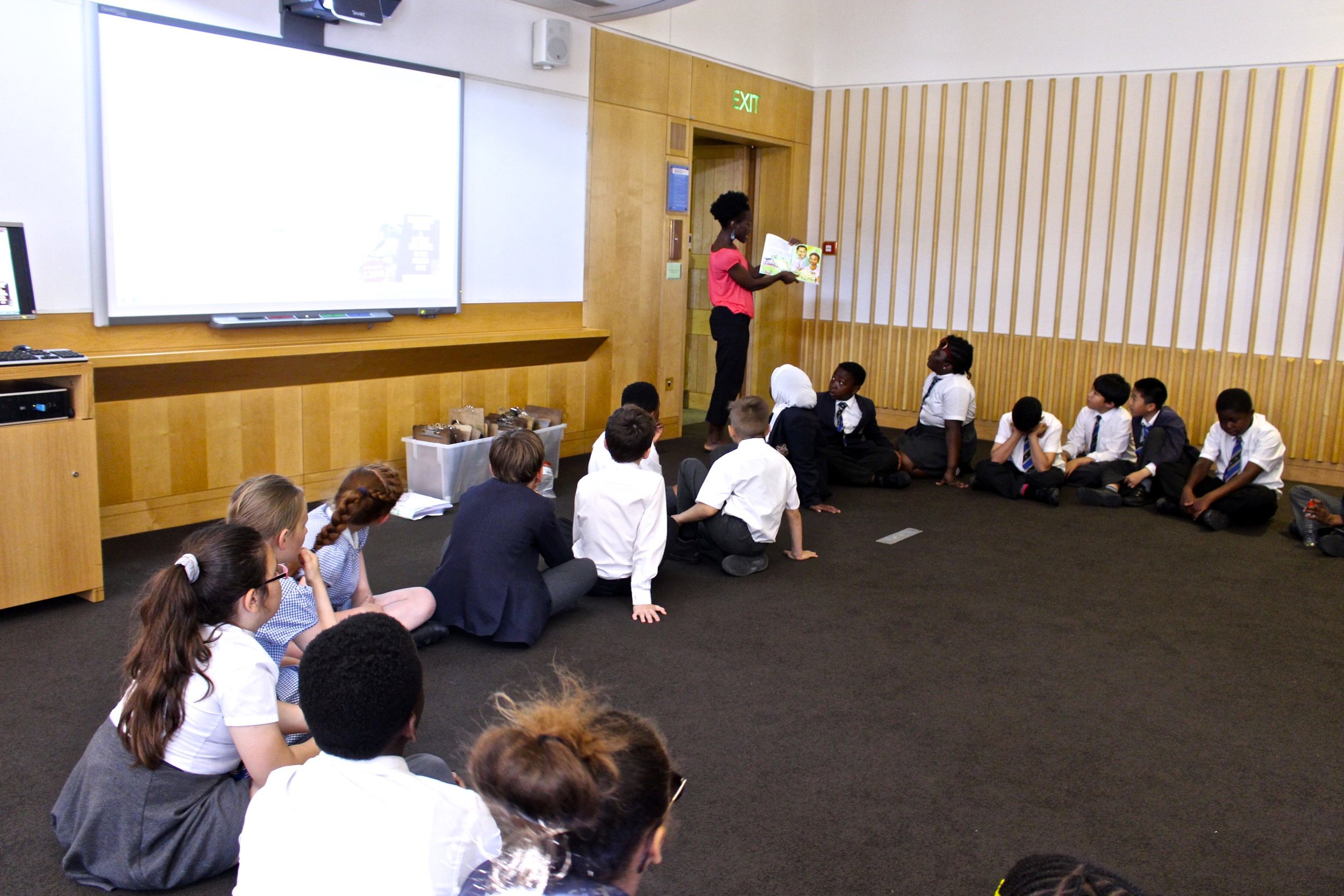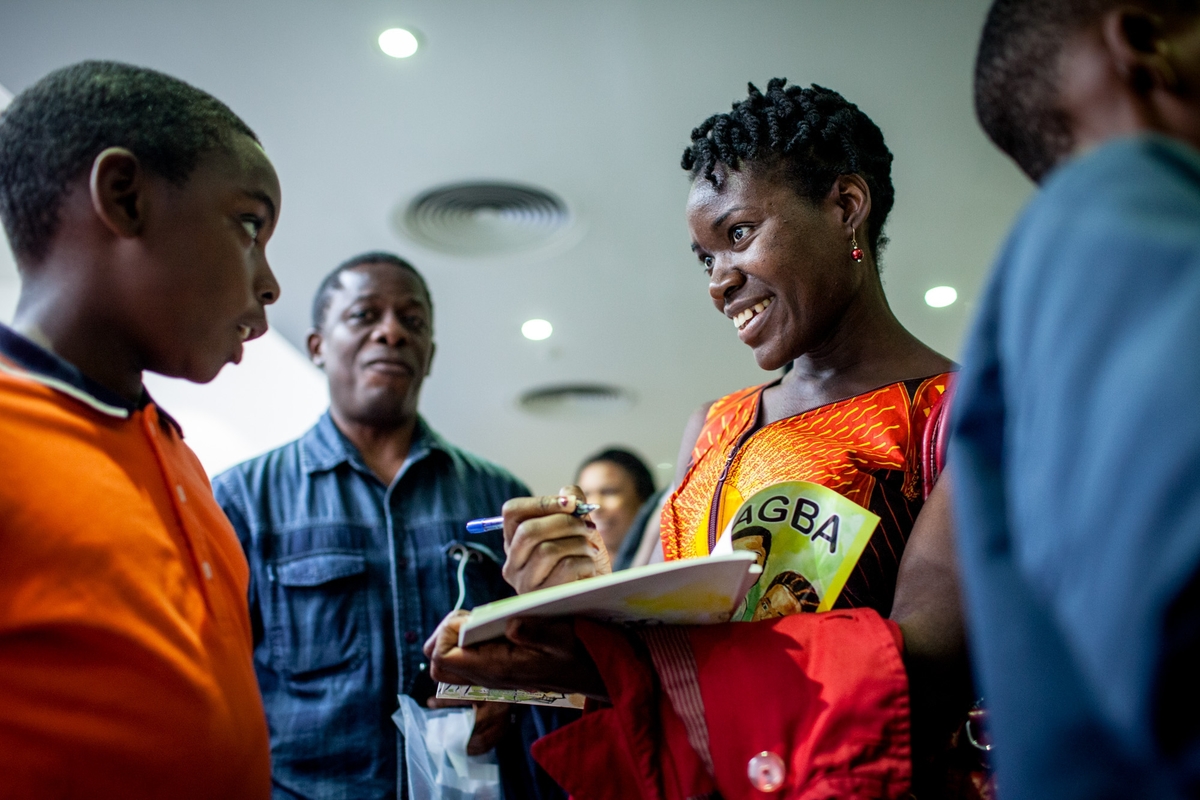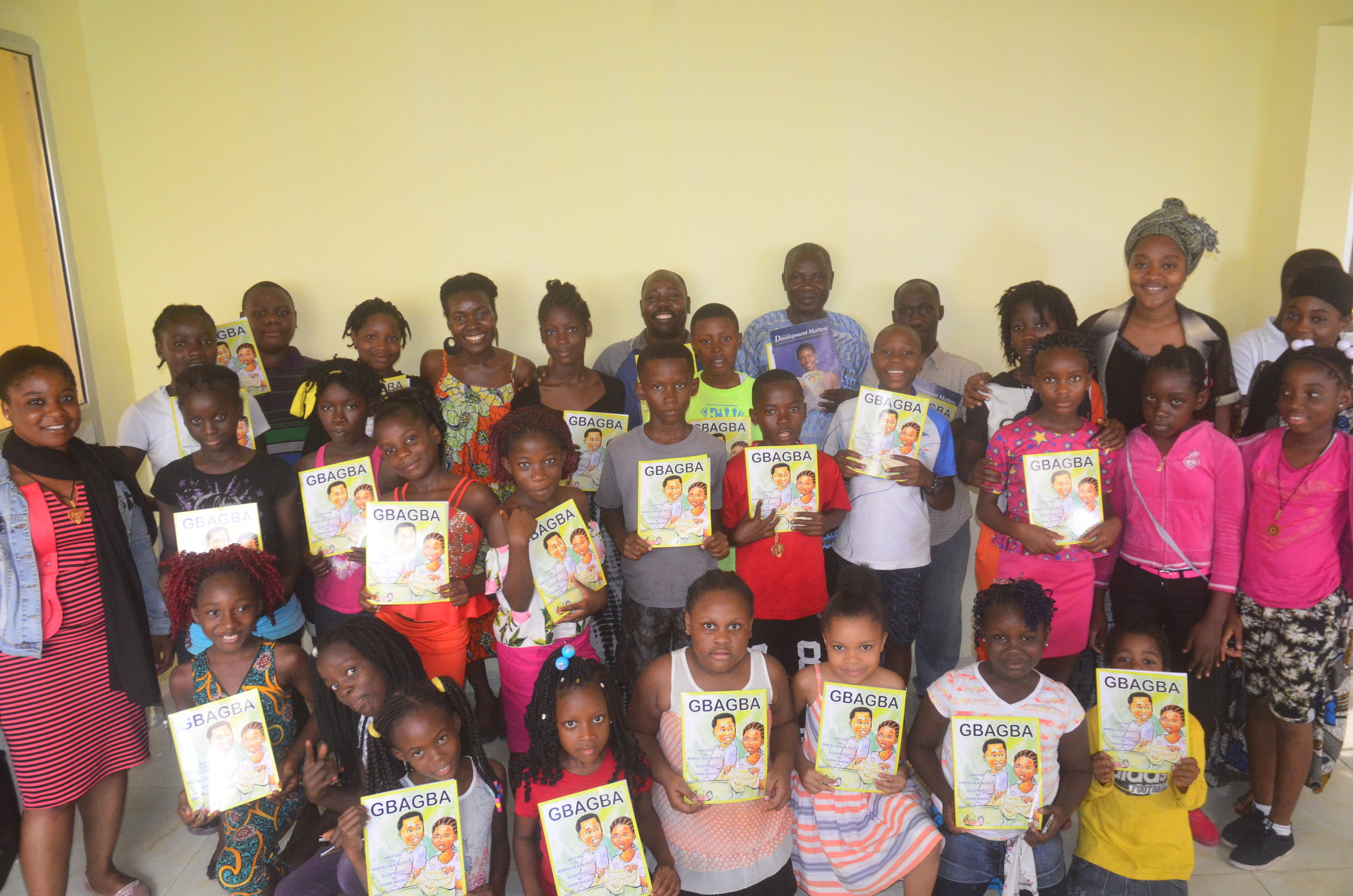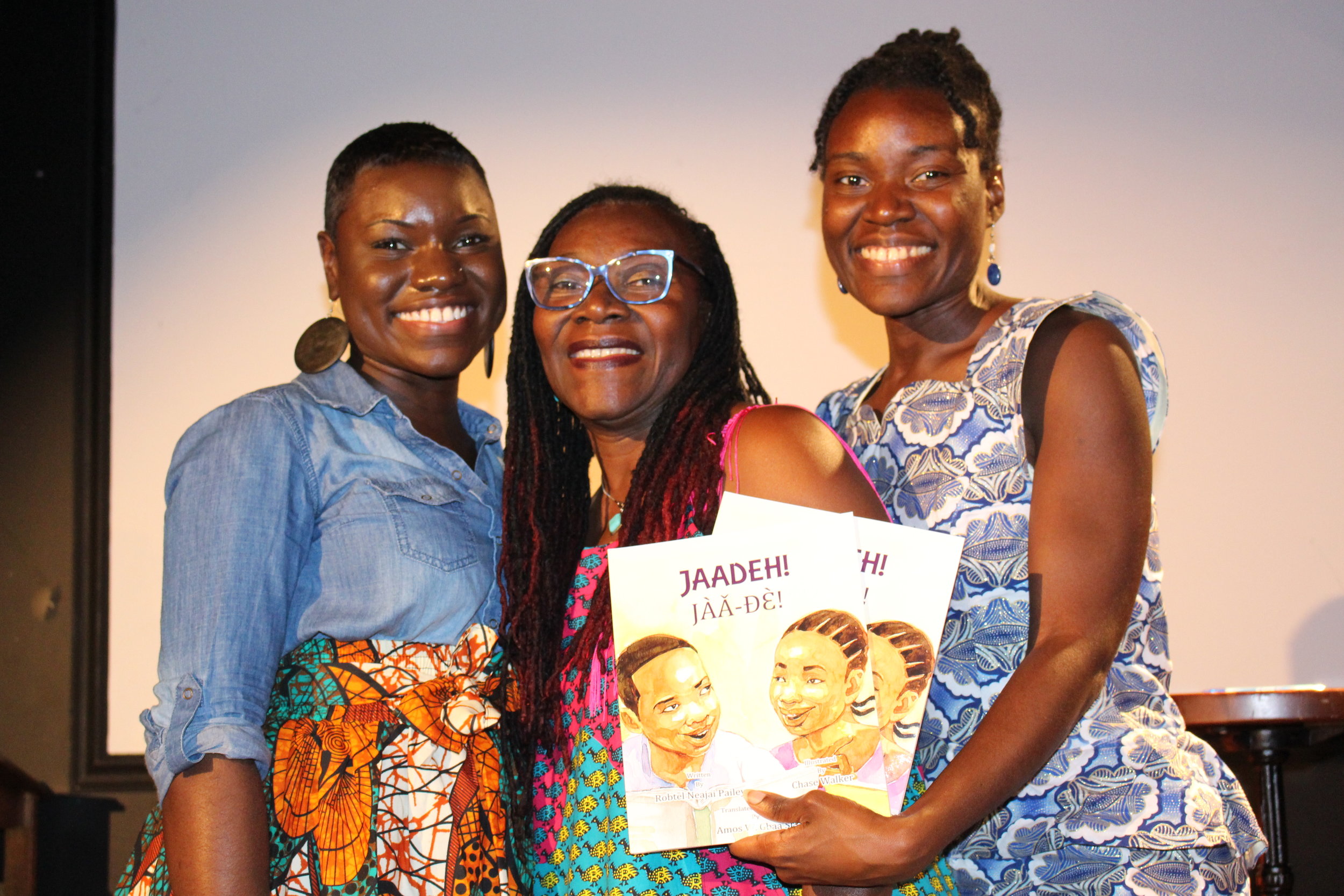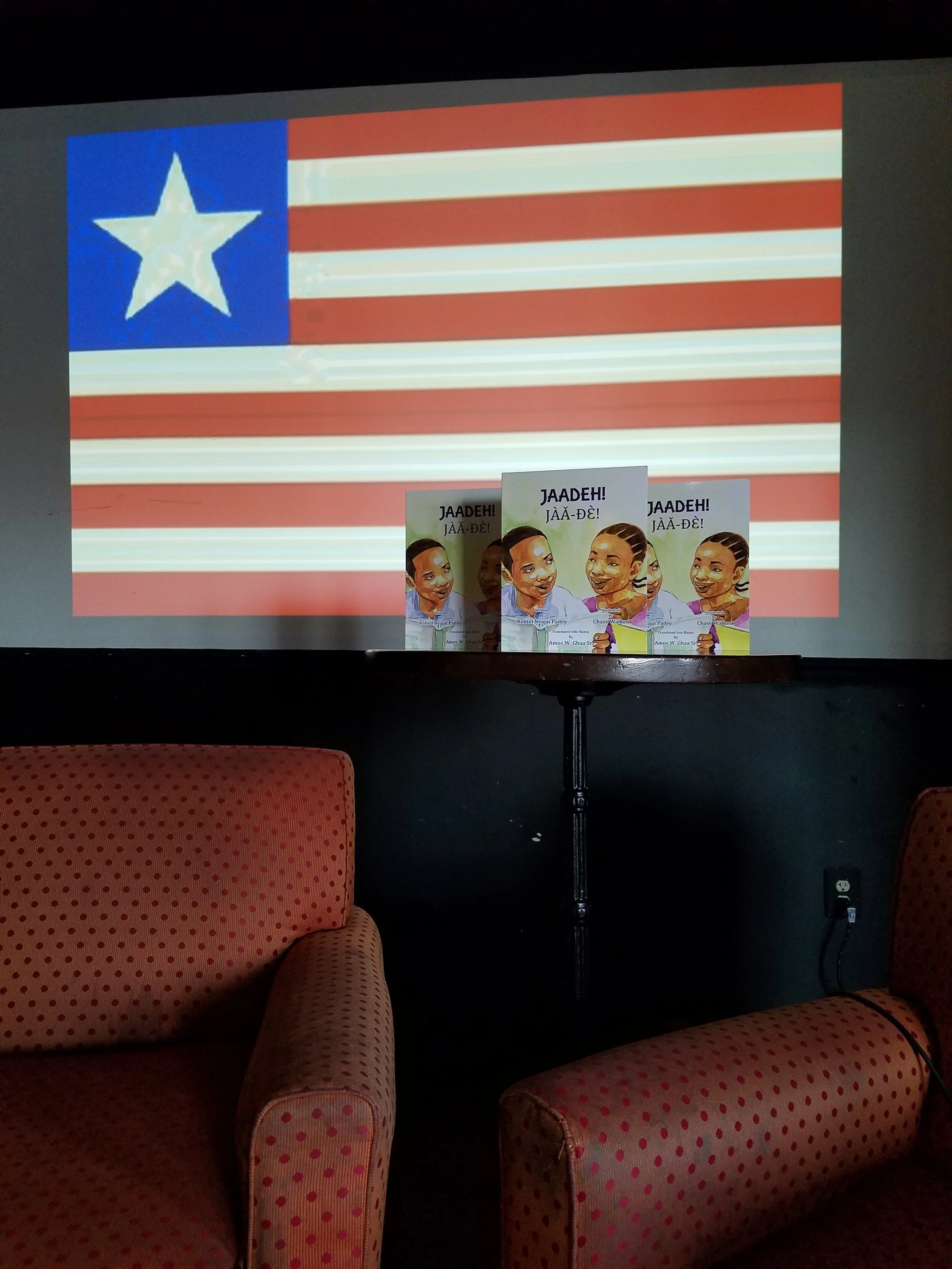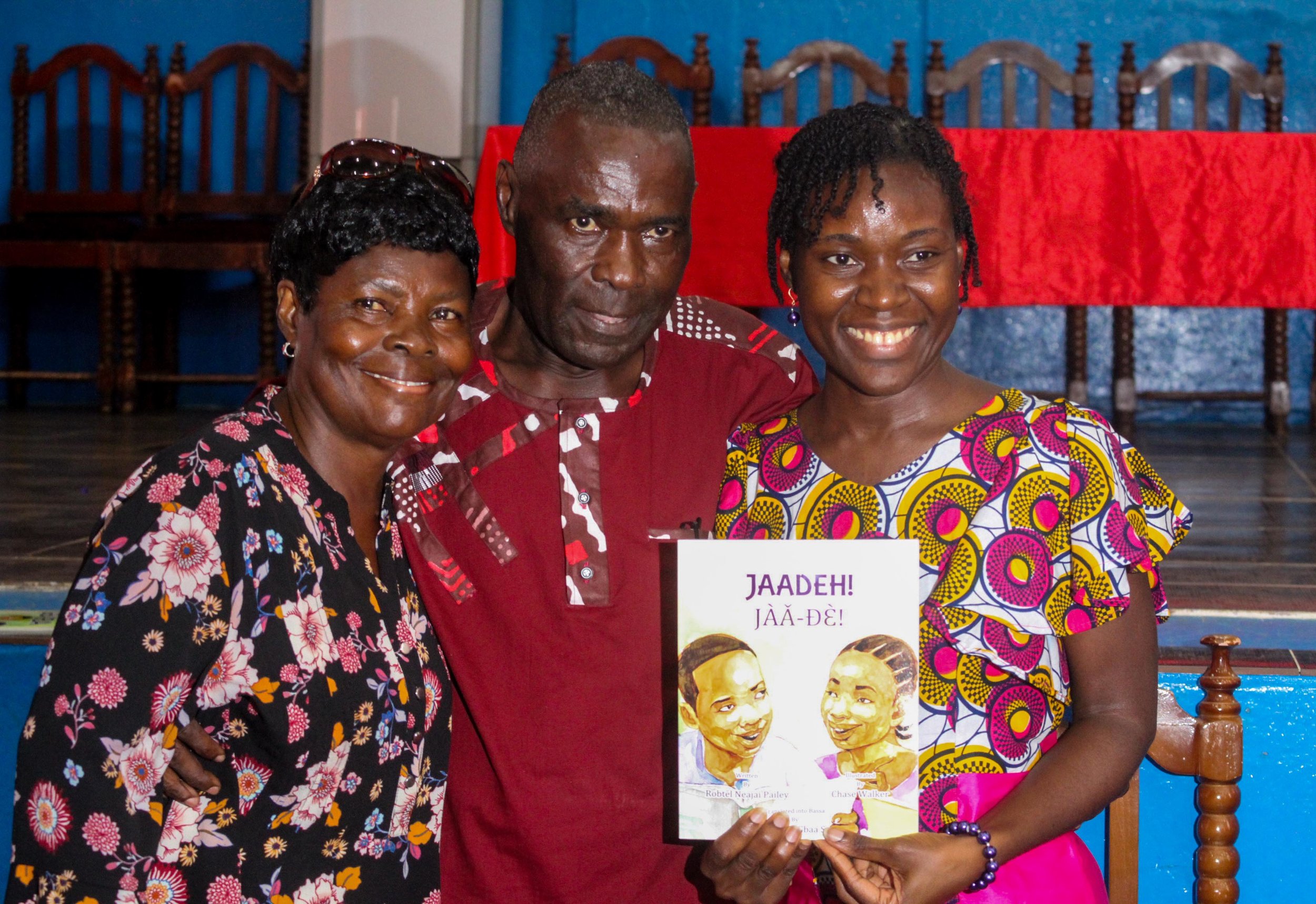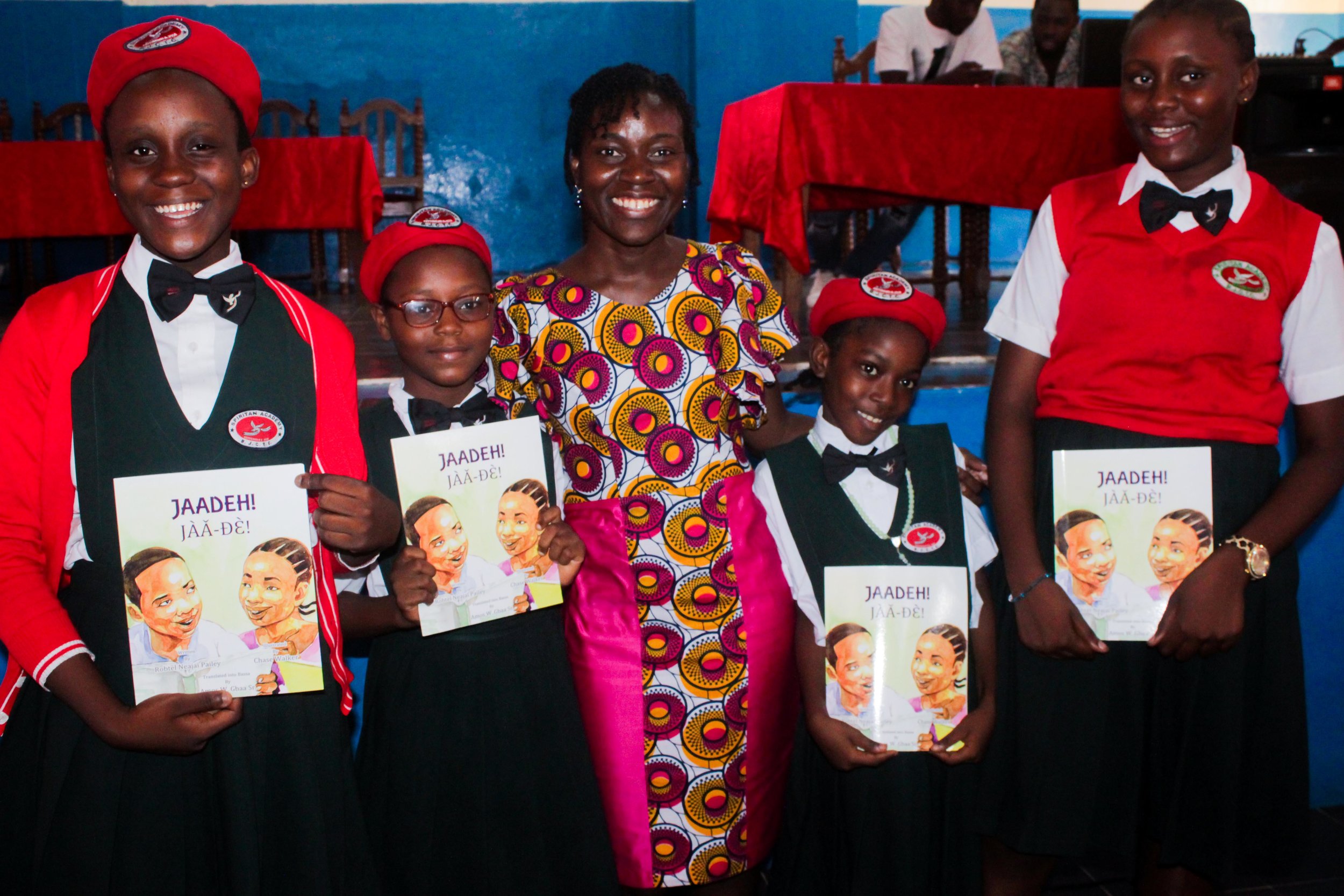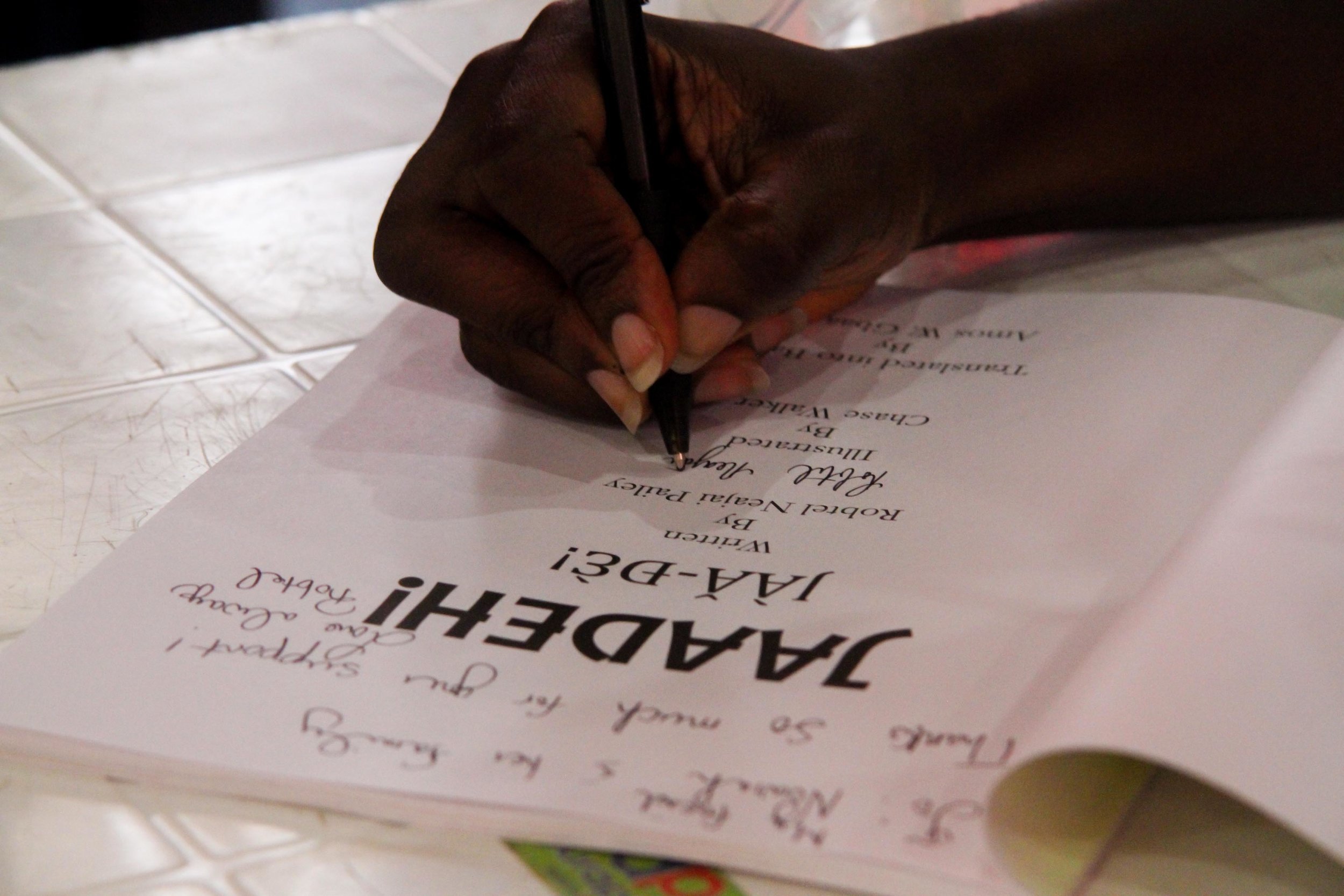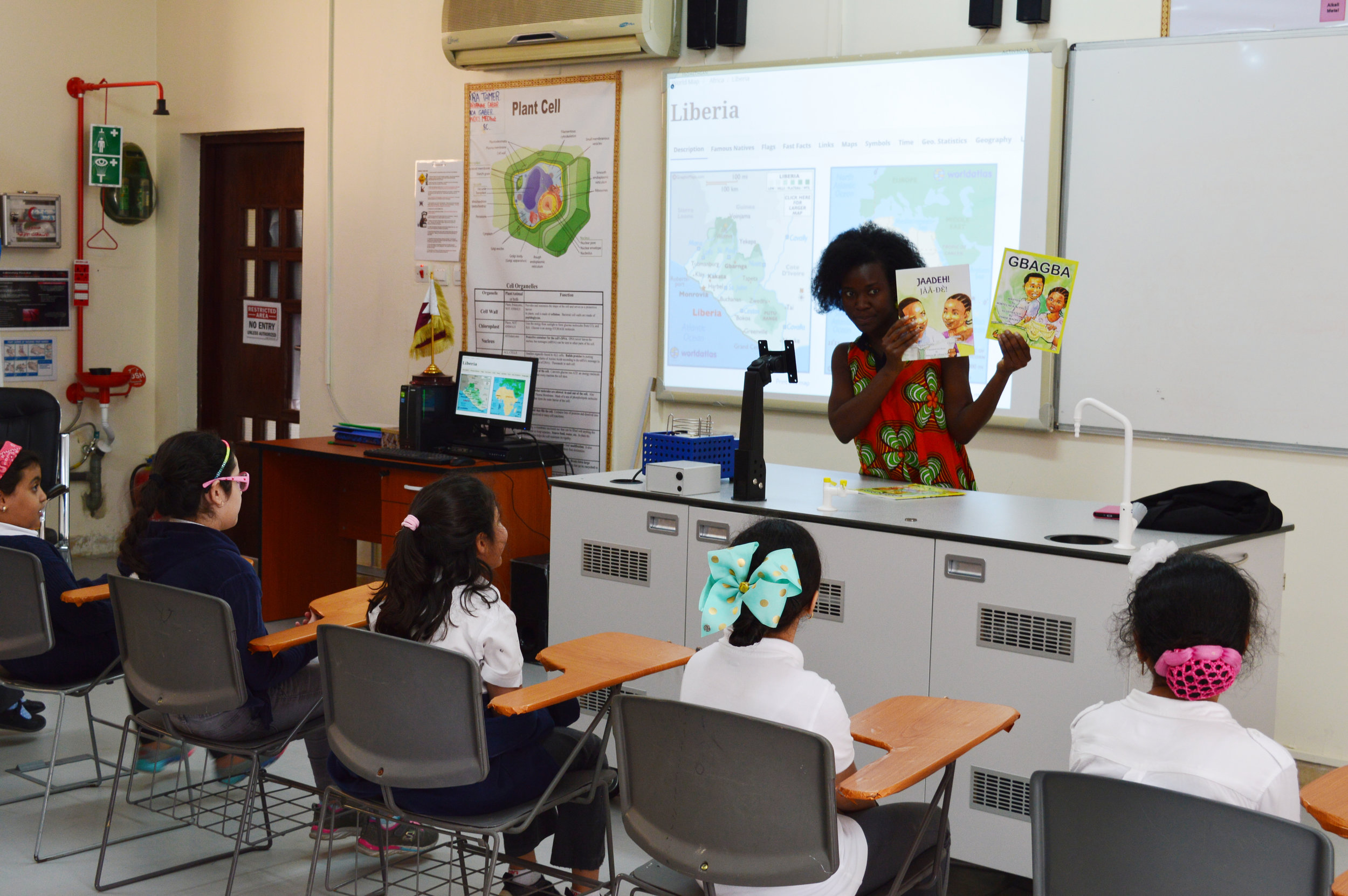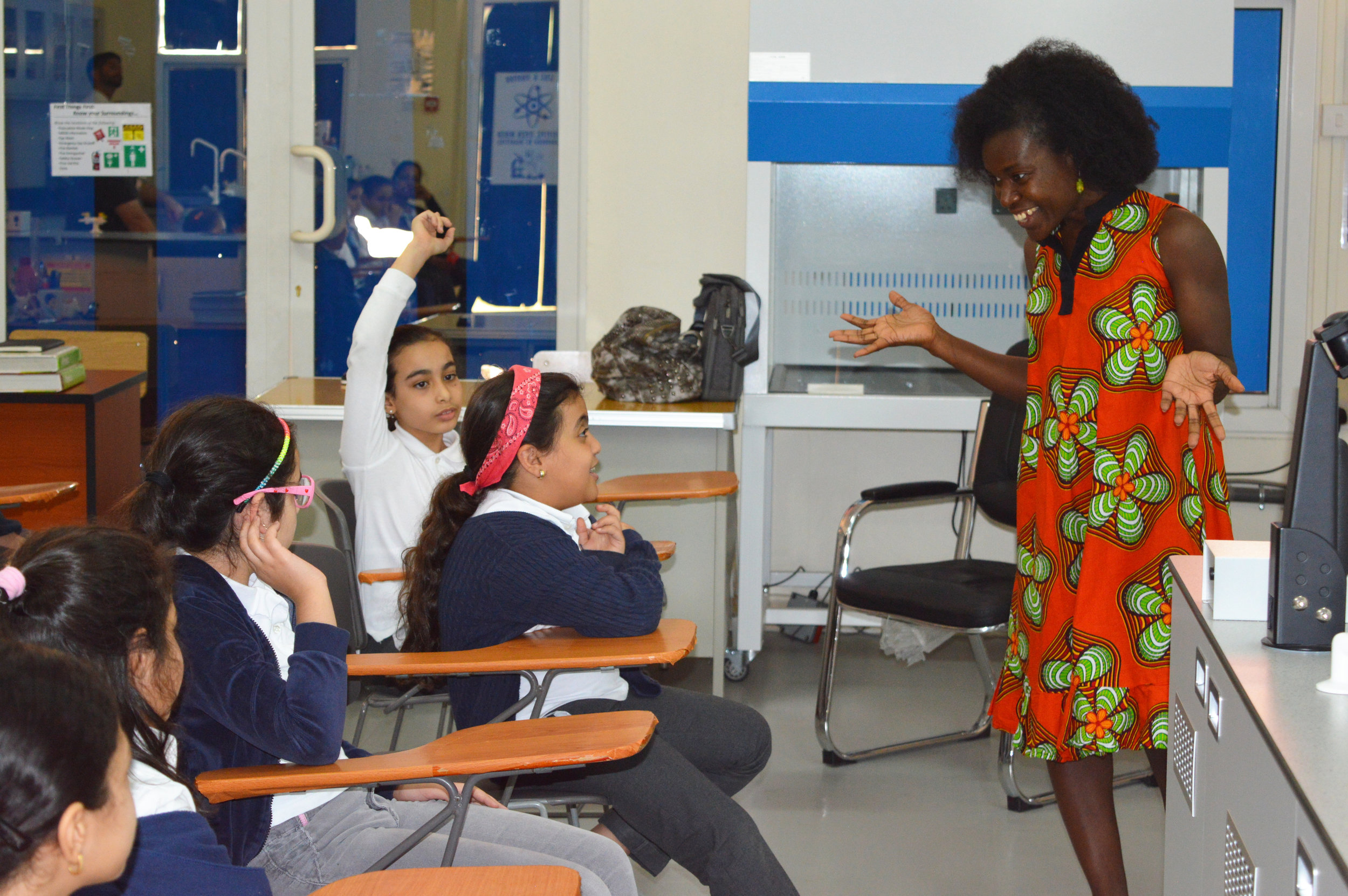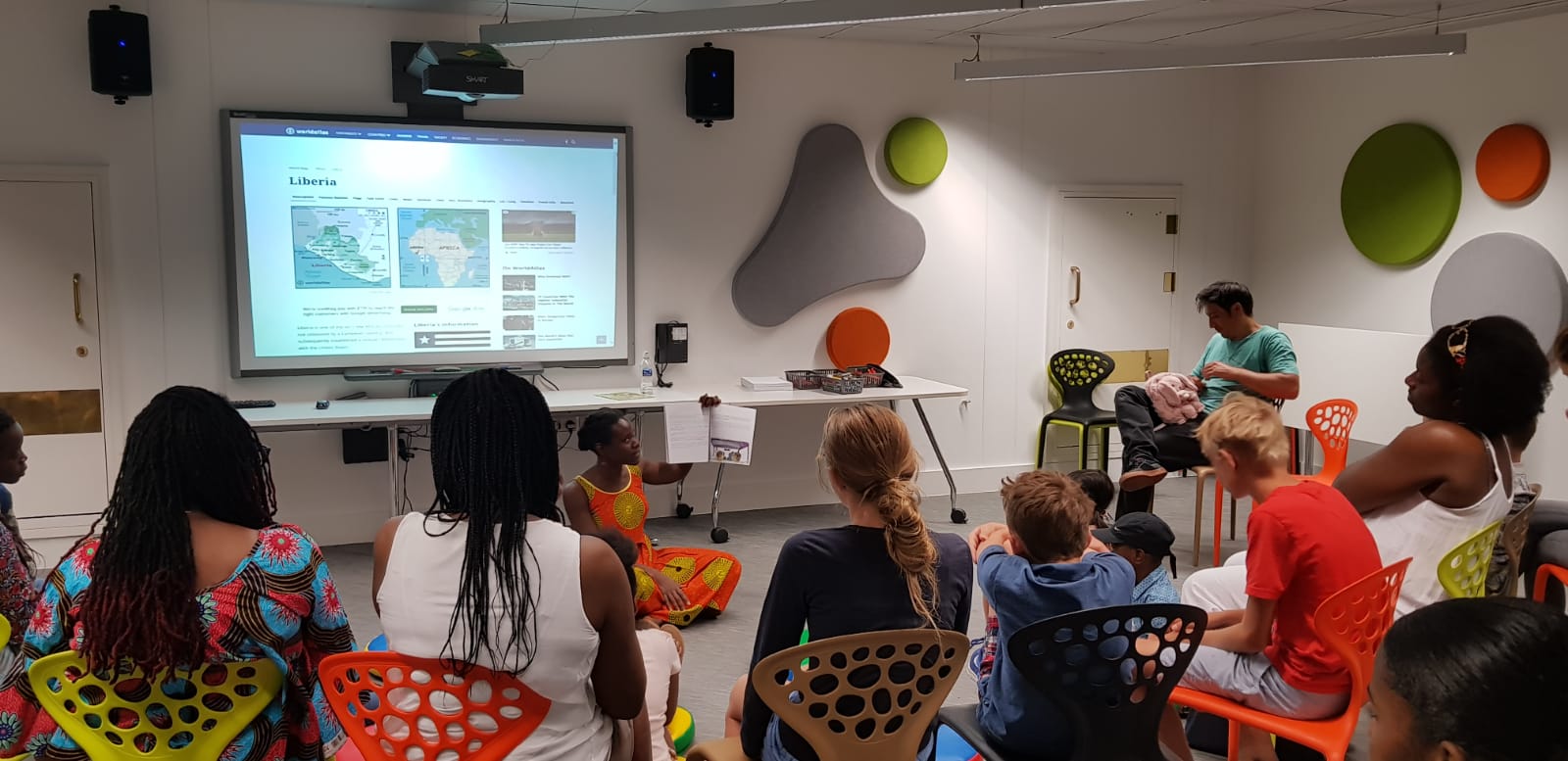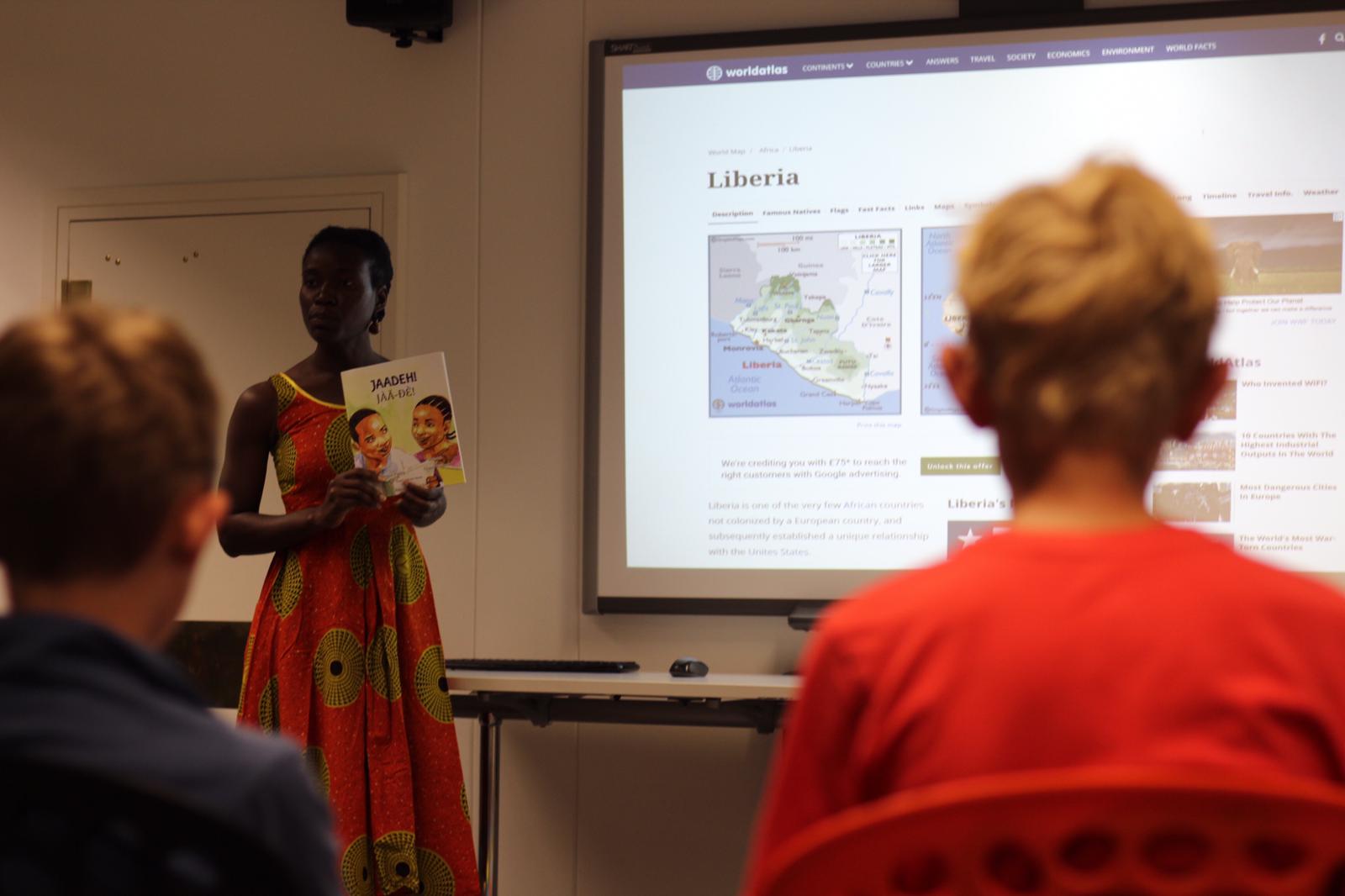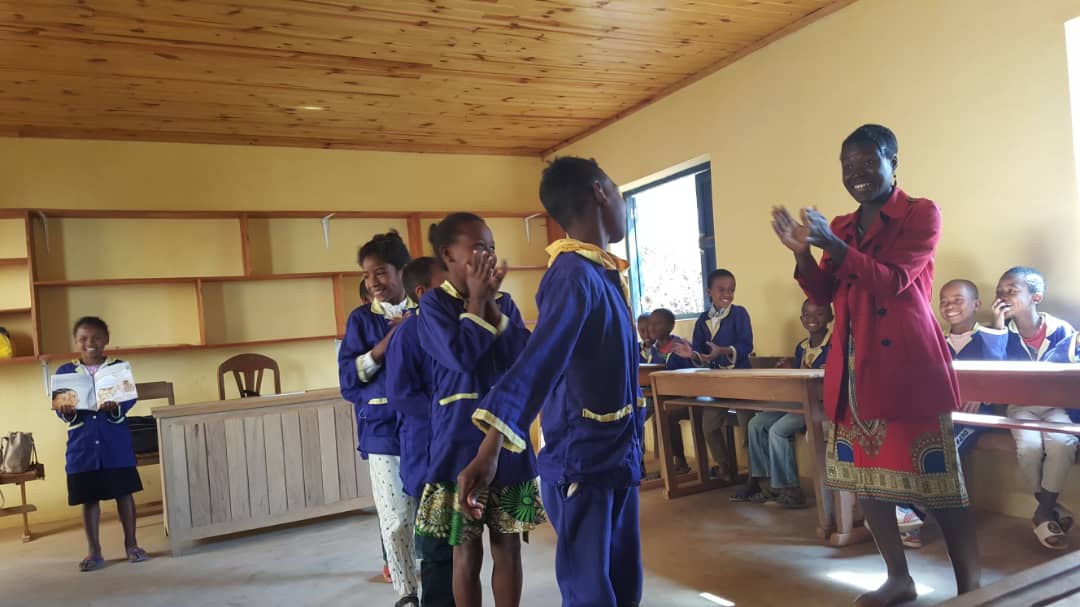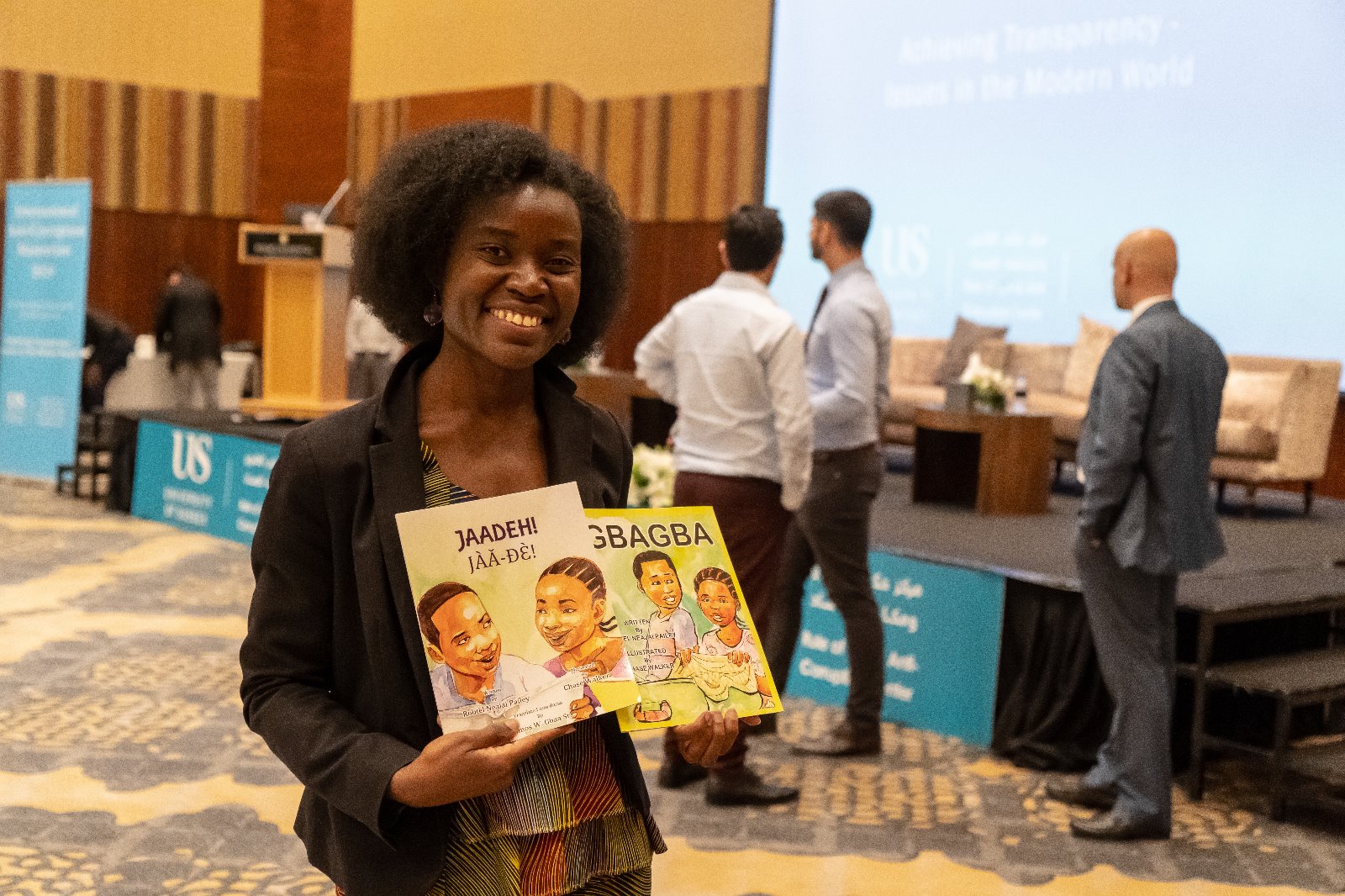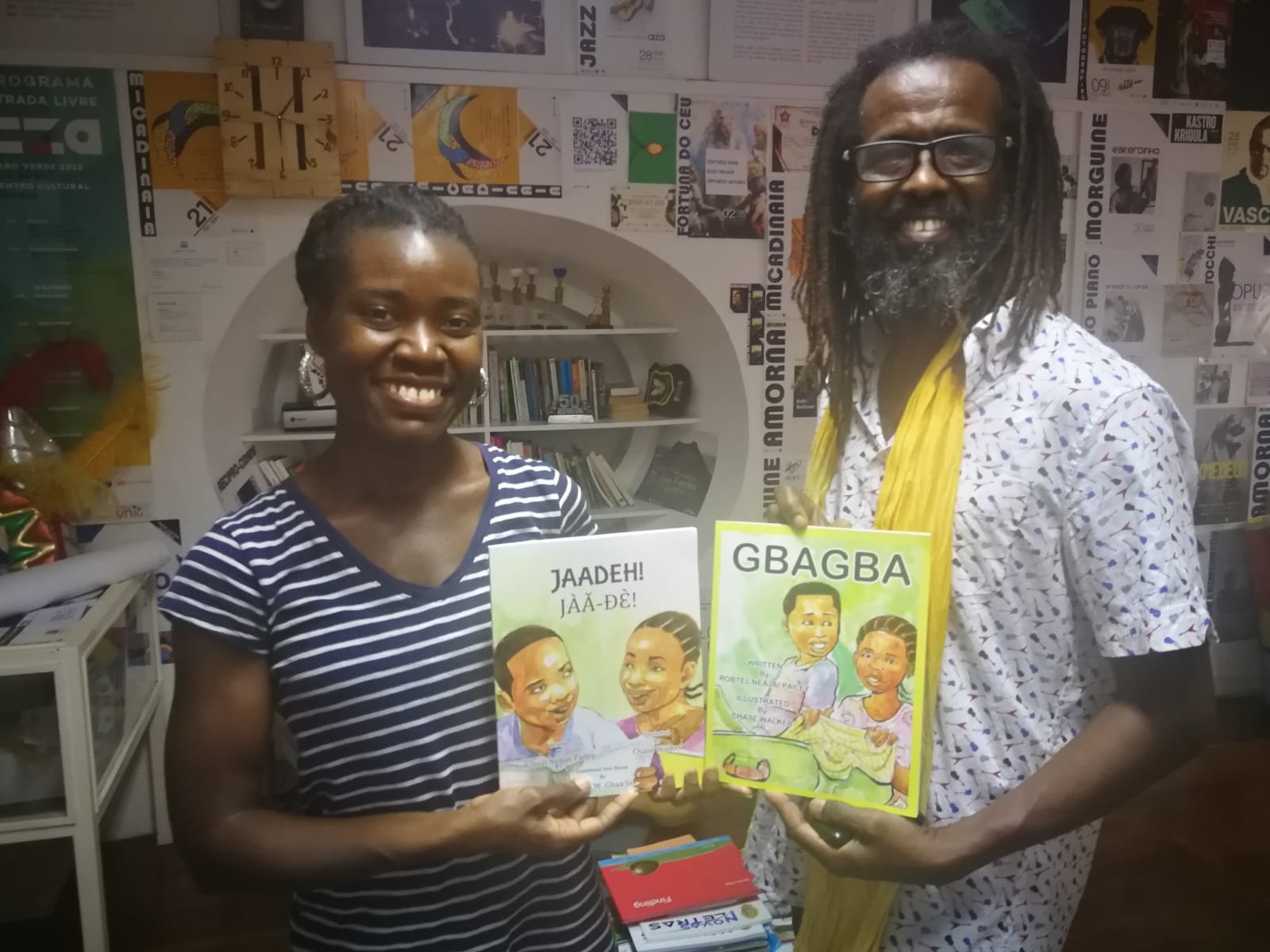It’s been about a decade since Foday Fahnbulleh was arrested. Along with other students and workers from his home in Bong Mines about an hour’s drive north of Monrovia, he’d been staging protests at the gates of a Chinese mining company. China Union, they said, wasn’t living up to the promises it had made in its contract with the Liberian state. The campaign was making headlines in Liberia, and it had angered politicians from Fahnbulleh’s district. One called him and his co-organizers “thugs” and urged the police to detain them.
Now, they’ll have to call him by a new title: “Honorable Representative.”
In October, Liberia held national elections that resulted in a peaceful transfer of power from former footballer-turned-president George Weah to his opponent, Joseph Boakai. In Bong County’s District #7, the 39-year-old Fahnbulleh ran as an independent promising to hold that same mining company, China Union, to the infrastructure and social service clauses in the 25-year concession agreement it signed in 2009.
His election is raising hopes in Bong Mines that the district might finally see the roads, schools, and employment promised in that contract. And for China Union, the headaches are already arriving.
“The community wanted someone who has passion for corporate accountability,” he told Mongabay in a phone interview. “Because in our country, corporations are not living up to the terms of their agreements…”
“Historically, Liberia has neglected to transform mining-related foreign direct investment into social investments such as roads, education and health,” said Robtel Neajai Pailey, a Liberian academic and assistant professor at the London School of Economics. “Mining firms disregard environmental, social and governance (ESG) standards with the complicity of national government, and this has pushed affected communities to engage in both legitimate and clandestine forms of civil disobedience…”

